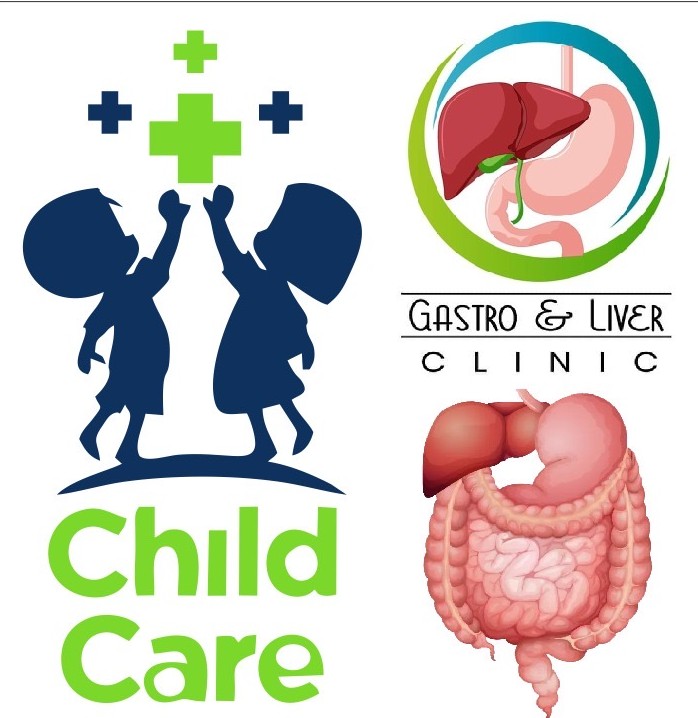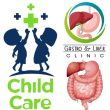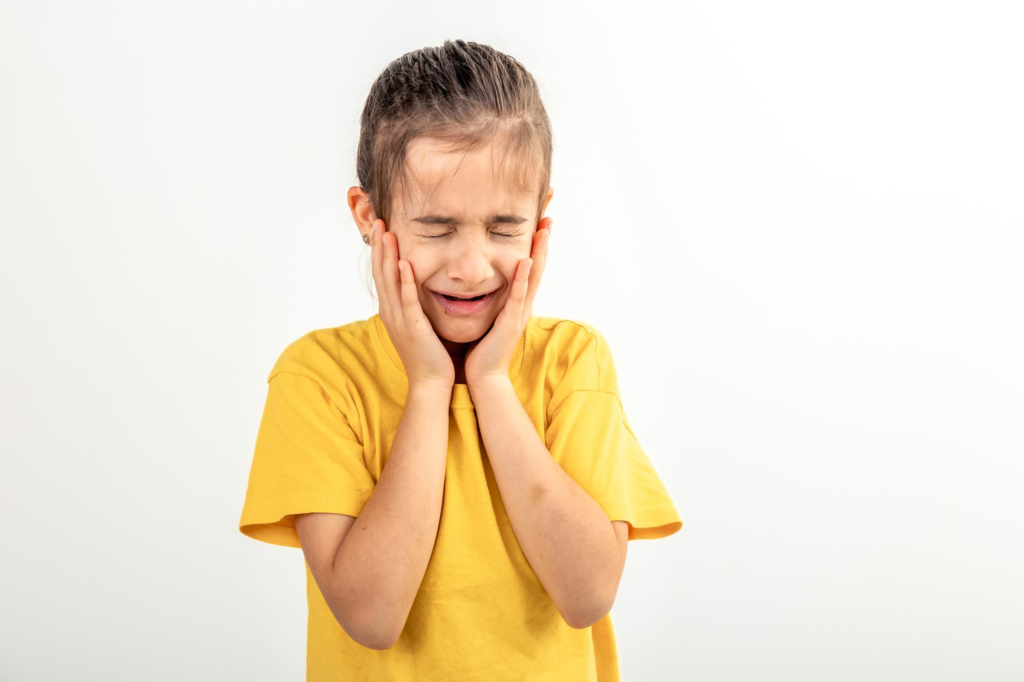Understanding mumps in children is vital for any parent. This guide sheds light on this illness, providing you with essential information to keep your kids and their peers safe and healthy. You’ll learn about mumps symptoms, prevention strategies, and what to do if there’s an outbreak.
Introduction
Mumps is a viral infection that primarily affects the salivary glands near your jaw. Thanks to vaccination programs, mumps in children is now less common. However, occasional outbreaks can still occur. It’s important for parents to recognize what mumps is, know its symptoms, and understand the best methods for prevention. This guide aims to educate parents about spotting symptoms early, taking swift action to reduce the spread, and exploring preventive measures. With this knowledge, parents can better protect their children and the community from the discomfort and risks associated with mumps.
Understanding Mumps: What Every Parent Should Know
Mumps is an infectious disease that primarily causes swelling in the parotid glands, located near the jaw. Decades ago, mumps in children was a common occurrence. With the introduction of vaccines, its prevalence has decreased significantly. This virus spreads through tiny droplets from the mouth and nose and can linger on surfaces that children touch. A child with mumps can easily spread it to others, especially if they are in close contact, like in schools or playgrounds.
Recognizing Symptoms Early: Key for Effective Intervention
After exposure to the mumps virus, symptoms might not appear immediately. The incubation period is typically 2 to 3 weeks. Here are some symptoms to watch for:
- Swollen and sore salivary glands around the jaw.
- Difficulty chewing or talking.
- Fever, headaches, muscle aches, and a general feeling of tiredness.
- A noticeable decline in appetite.
It’s interesting to note that many children with mumps might only show mild symptoms or none at all. Nevertheless, recognizing symptoms is crucial. Early intervention can prevent complications and help contain the spread.
Risks and Complications in Children
While many cases of mumps in children are mild, some can lead to complications. These complications, although rare, can be serious:
- Encephalitis or meningitis, both involve swelling of the brain lining.
- Orchitis in boys and oophoritis in girls, which result in swollen reproductive organs.
- Pancreatitis can occur, potentially affecting digestion, and in some cases, hearing loss could happen.
Understanding these risks highlights the importance of timely treatment and intervention.
Diagnosis and When to Consult a Doctor
If your child shows symptoms of mumps, it’s wise to see a healthcare provider. Doctors can usually diagnose mumps through a physical exam, observing the swelling near the jaw. In some cases, they might request a saliva or urine test to confirm the virus. Consulting a doctor not only helps with proper diagnosis but also ensures that you’re informed about caring for your child’s health effectively.
Home-based Treatment and Care
For most children, mumps can be managed at home with supportive care. Here’s how you can help:
- Use over-the-counter medications to manage pain and fever, but always follow professional advice.
- Encourage a balanced diet and plenty of fluids for hydration and recovery.
Serious complications might require hospitalization, but this is uncommon. Home care usually focuses on comfort and symptom relief.
Prevention: Safeguarding Against Mumps
The MMR vaccine is your best shield against mumps in children. This vaccine covers measles, mumps, and rubella. Here’s what you should know about preventing mumps:
- The vaccine is given in two doses—once between 12 to 15 months and again between 4 to 6 years.
- Apart from vaccinations, promote hygiene to protect your family. Encourage handwashing and avoid sharing utensils.
- If someone in the household gets sick, keep them isolated to minimize the spread.
By following these preventive measures, the chances of a mumps outbreak in your family diminish significantly.
Actions to Consider if Exposed to Mumps
If your child is exposed to a mumps case:
- Be vigilant in monitoring for symptoms over the next few weeks.
- Consult a healthcare provider promptly if symptoms emerge.
- Limit your child’s exposure to other kids to stop the spread.
These measures ensure your child’s health and reduce infection risks to others.
Dispelling Myths: Facts About Mumps
Misconceptions about mumps in children and vaccines sometimes cause unnecessary alarm. Here are the facts:
- Vaccines are safe and crucial in stopping the spread of mumps.
- Mumps, unlike some misconceptions, has no link with other unrelated conditions.
- Immunization helps in keeping your child and community safe.
By understanding the truth, parents can make informed decisions concerning their child’s healthcare and well-being.
Conclusion: Empowering Parents with Knowledge
This guide has equipped you with essential insights into mumps in children. Preventing mumps begins with timely vaccination. Keep your kids healthy by staying informed. For more detailed resources, consult your healthcare provider or trusted medical resources online.


